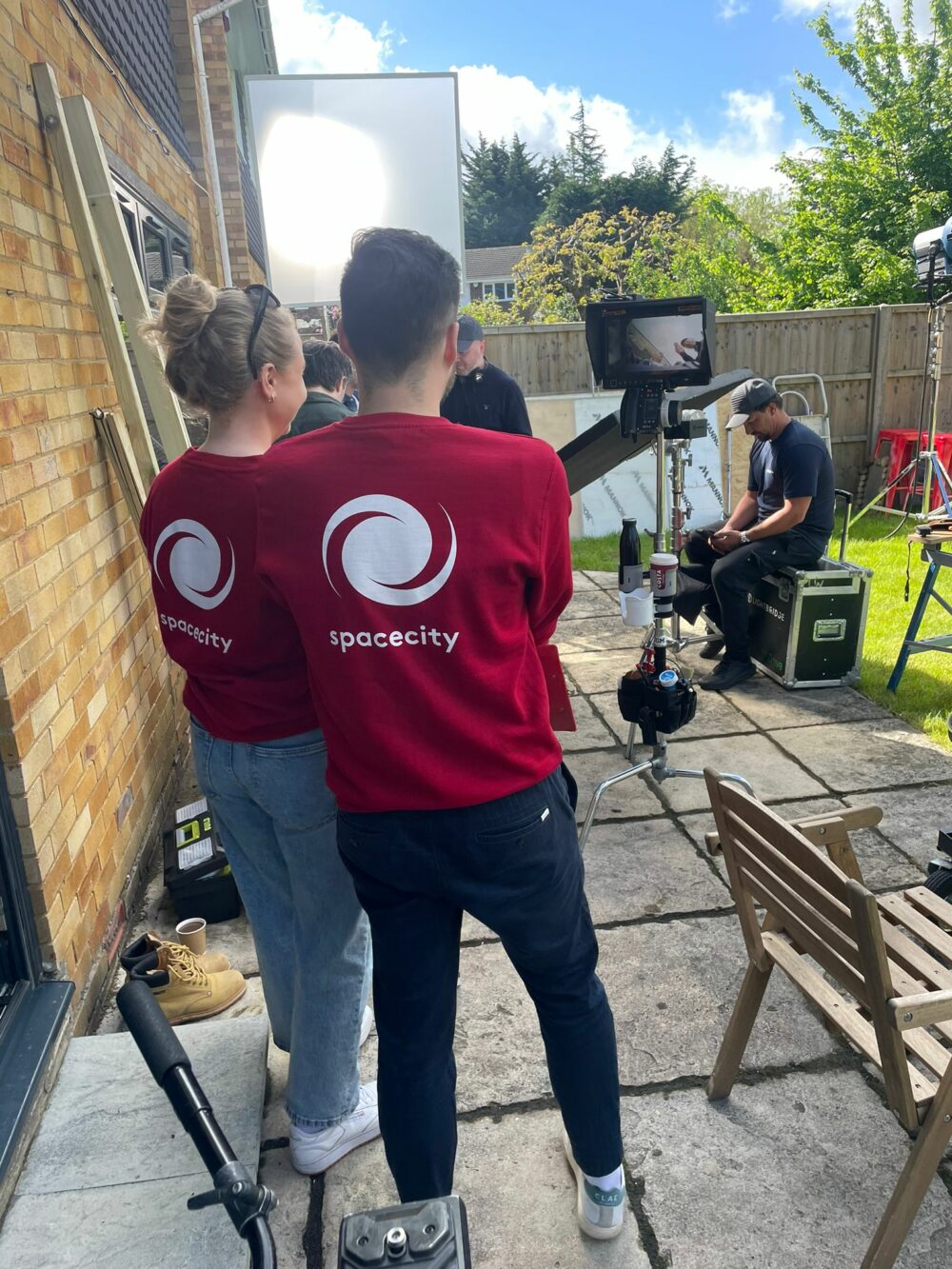Social media is an imperative tool for leveraging success, but the myths that state it assists sales efficiency, need to be debunked
MYTHS Have pervaded myriad industries for millennia, but the most recent raft of musings and declarations have no factual basis concerning business success.
Advertising on social media can be fraught with both emotive and contextual issues beyond your control, but this juxtaposition cannot be overcome by simply more sophisticated targeting.
Data and your business’ ability to use it is changing from May 2018, but regardless of the diligence that will be needed to ensure of compliance, simply injecting more funding into your social media advertising will not improve sales potential, efficiency and ROI.
The opposite in this case is true; the placebo effect has ensured that without any proof of actually providing a tangible business benefit, scores of businesses are wasting money through feeding companies like Facebook with revenue, despite not offering returns.
There is no doubting the merits of PPC and paid-for ads or links, but the context has to ultimately tally with that of the what the consumer is experiencing online – after all, it is convenience and instant gratification that people desire in this instance.
To leverage a degree of response then, your business needs to utilise social media to generate rapport.
This rapport will lead to the engagement that increases your reach organically, while any boosting of certain news articles for instance can serve to add credibility to your business online.
Ensuring of alignment with your video advertising though is imperative, as the emotive connotations woven into this element of your advertising portfolio are upheld.

By utilising social media advertising to boost sales or awareness, your business will only endure inefficiency.
While TV holds over 50% of all the advertising revenue generated by companies across the UK, TV only comprises of 34% of the expenditure, with inefficiency rife.
If there was only one reason for not choosing to utilise Facebook as a means of generating response, it is the emotive inconsistency that will prevail while stories are being read and your ad maybe viewed.
By associating with specific shows or programming on TV, or via pre-roll YouTube ads at least, a consumer is either more open minded to the content they are about to absorb, or will be just or have a certain unwavering mindset that is subconsciously or consciously more conciliated to responding to adverts.
With the volatility of emotion that can be associated with browsing social media, your business may be portraying itself in a complimentary light in comparison to your video advertising, but if the add is focused on eliciting sales, the response will be insignificant due to the lack of compulsion to seek such services or products in that instance.
PPC via Google, or retargeting is far more prudent in this sense – when ultimately complimenting the desires of consumers – but from a build building perspective you will not foster memorability or affirmation on social media, unless the content is exclusively on your social media page.
In this sense, it is pointless to try and foster brand resonance, except when you are seeking to amplify a particular post that triggers algorithms of search that reflect realtime consumer behaviour.
Even if you are targeting people online through pre-existent likes or interests, you need to ensure that the context compliments the piece of content or advertising you are disseminating before posting.
Therefore, conflating social media advertising spend to the success of the platform, is one of the myths that serves to undermine and stymie marketing and advertising progress.

Just because someone else spends their money on something through a theoretical success probability, does not ensure of a successful advertising portfolio – this is a flaw that will only serve to reduce ROI and economic growth.
Furthermore, one of the other issues with advertising as a collective, is accessibility and reflectiveness.
In order for rapport to be generated and ads’ accessed, there needs to be an emotive bond struck through either visual movement or audio.
This visceral advertising experience is something that cannot be provided, regardless of how much money is spent on exposure: you may elicit some sales, but without the emotive rapport your efficiency will be non-existent.
From an accessibility perspective, both TV and online need to improve voice activation control to increase chances of response, but one of the overriding myths that is peddled is that spending translates to pertinent reach: exposure and relevant exposure are ultimately differing KPIs, thus a shift in what businesses accept as prudent KPIs, needs to take place.
Space City has been producing TV, online and radio adverts for over 25 years, supporting TV advertising campaigns with social media cut downs that create the emotive symmetry needed to elicit prolong response.
Contact the team now and find out how you could save money on your advertising costs, through employing response, not impression centric KPIs.


